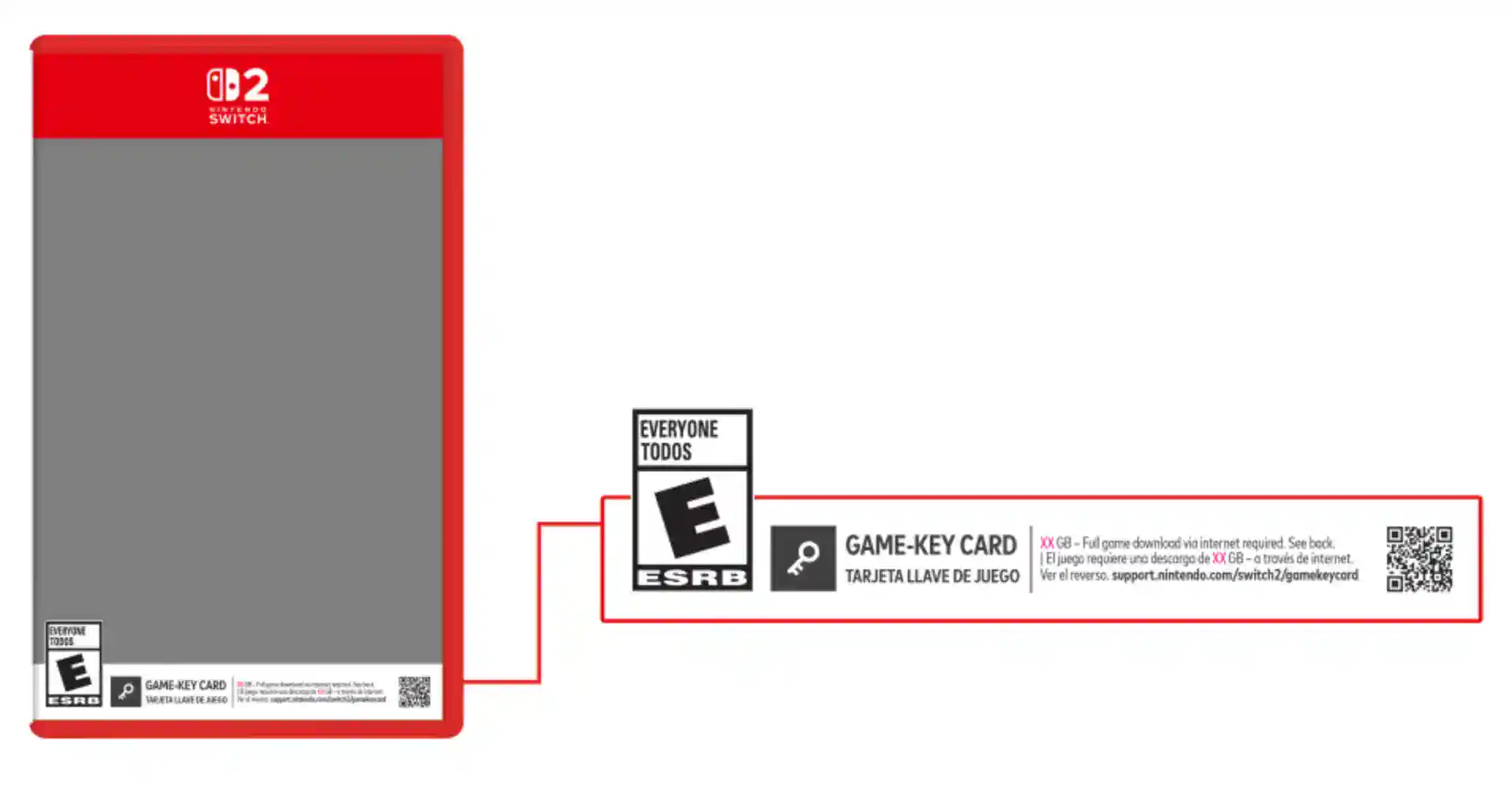
The recently released Nintendo Switch 2 has demonstrated a pronounced disparity between first-party and third-party game sales during its launch period, according to a comprehensive report by industry analyst Chris Dring. Although the console has achieved record-breaking hardware sales, third-party titles largely underperformed. These games have posted “very low numbers” with players overwhelmingly gravitating toward Nintendo’s flagship release, Mario Kart World. That said, is there any way for Nintendo to turn these dismal record sales around?
Nintendo Dominates as Third-Party Games Flop
According to NielsenIQ data, first-party games accounted for 86% of UK physical sales when including the bundled Mario Kart World. However, this figure drops to 48% when excluding the bundle, while 68% of first-party games dominated in the US market without bundle inclusions, as reported by Circana. Whether this significant sales gap indicates a fundamental challenge for third-party publishers on Nintendo platforms or simply reflects the expected dominance of Nintendo’s exclusive titles during a console launch period remains to be seen.
The original Switch’s launch has shown some improvement, going by comparative analysis, with first-party titles representing 89% of UK and 81% of US physical sales. That said, this context requires qualification, given that the Switch 2 launched with thirteen physical games compared to its predecessor’s mere five. Notably, Cyberpunk 2077: Ultimate Edition has emerged as the clear standout among third-party offerings, as it benefits from its full-game physical cartridge release and established reputation. Similarly, titles like Sonic X Shadow Generations and Yakuza 0: Director’s Cut have helped Sega secure the third-largest third-party publisher position.
While Nintendo’s strategy of packing Mario Kart World with hardware successfully drove console adoption, the company simultaneously created an exceptionally challenging environment for third-party titles to gain traction. In particular, the sales landscape shows that those utilizing the unpopular Game-Key Card format or offering ports of previously released games have benefited the most. Ultimately, critical questions have been raised about the long-term viability of third-party support for the platform. Not only that, but publishers may have to adjust their release strategies to better align with Nintendo’s unique market position and player expectations to increase sales as well.
Game-Key Cards Hurting Switch 2 Third-Parties

The Switch 2’s underwhelming performance of third-party launch titles has prompted industry analysis. According to one anonymous publisher, these sales are described as “below our lowest estimates” despite the console’s record-breaking hardware performance. This disparity has likely contributed to several key factors, beginning with Nintendo’s historical market dynamic, with consumers primarily purchasing their consoles for first-party exclusives rather than third-party offerings.
Furthermore, the landscape was further complicated by backward compatibility, as enhanced performance for existing Switch 1 games reduced immediate demand for new purchases. Likewise, the prevalence of older ports among third-party titles failed to incentivize double-dipping from established players. Is Nintendo’s controversial Game-Key Card system an additional self-inflicted wound for third-party publishers? Given the format’s widespread rejection by core Nintendo enthusiasts since its announcement, it may have impacted sales.
Later this year, major first-party exclusives like Donkey Kong Bananza and Pokémon Legends: Z-A are scheduled for release on Switch 2. As a result, third-party publishers face mounting pressure to reconsider their Switch 2 strategies. Nintendo may have to consider original content rather than ports, full-game cartridges instead of key cards, or adjusted sales expectations for Nintendo’s ecosystem, to adjust to first-party title demands. Over the next couple of months, this launch period can potentially represent temporary growing pains or a systemic limitation of third-party viability on Nintendo’s latest hardware.
More must-reads:
- Anthony Davis calls out the media amid trade and injury speculation
- Dustin Johnson descends deeper into irrelevance with LIV Golf decision
- The 'Winning NFL playoff debuts' quiz
Breaking News
Trending News
Customize Your Newsletter
 +
+
Get the latest news and rumors, customized to your favorite sports and teams. Emailed daily. Always free!








